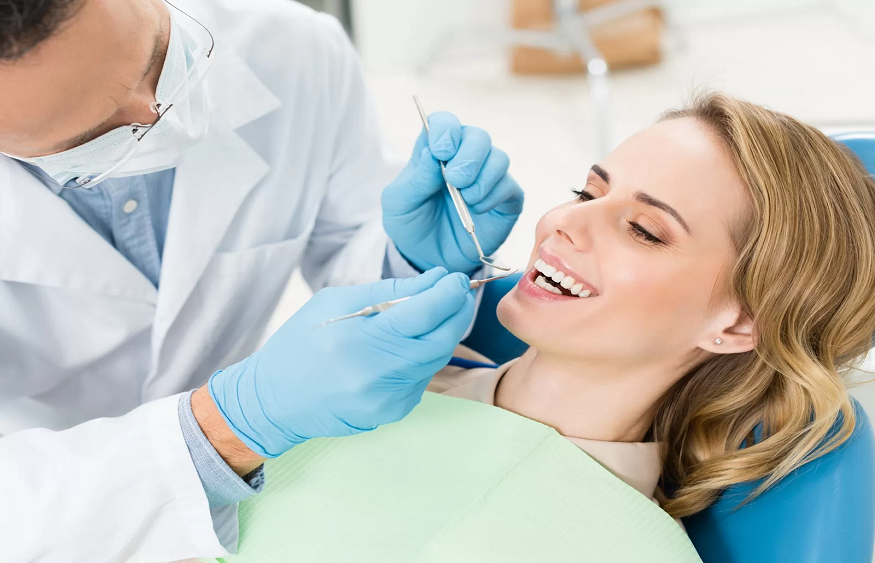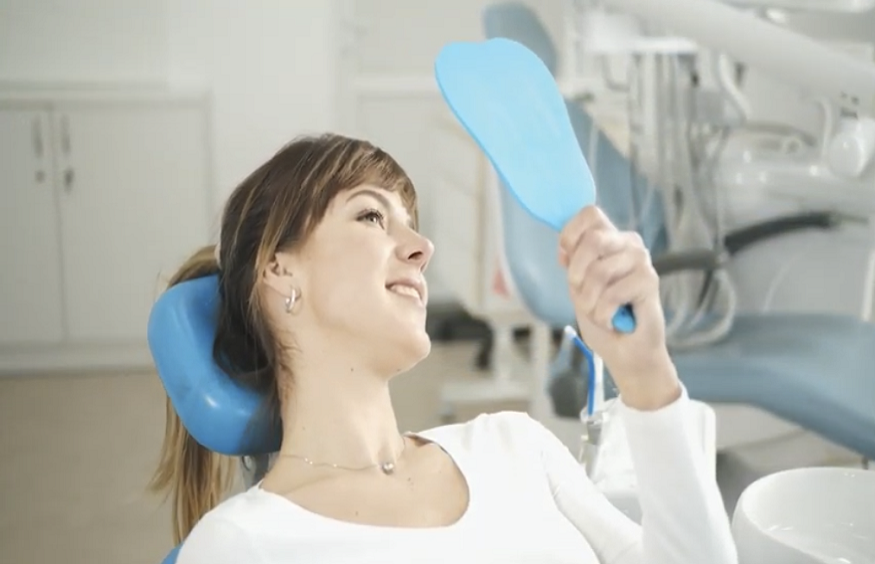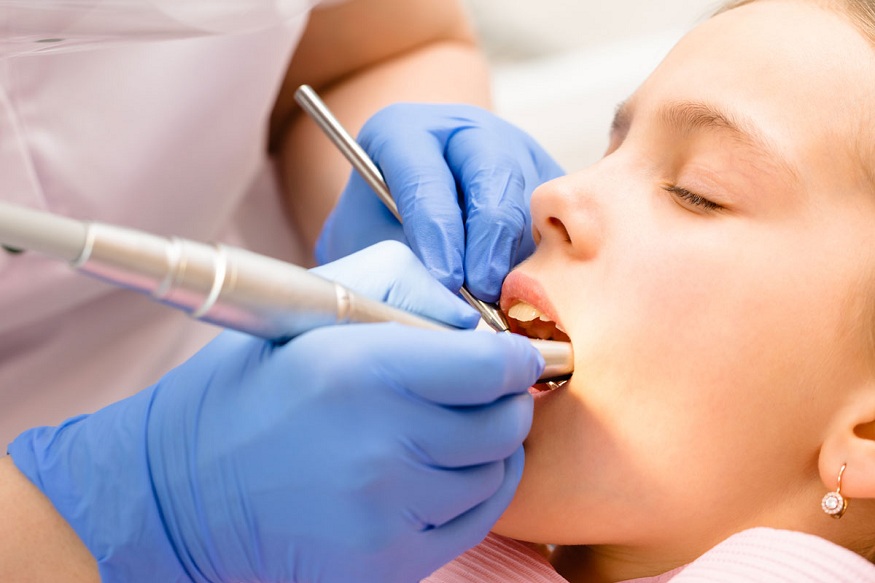Root canal treatment is a common dental procedure that aims to remove infected or damaged pulp tissue from inside a tooth. This procedure is necessary when the pulp, which contains nerves, blood vessels, and connective tissue, becomes inflamed or infected due to deep decay, trauma, or other factors. root canal treatment in Kolkata is typically performed in three stages, each with its own specific goals and techniques.
Stage 1: Cleaning and shaping the root canal
The first stage of root canal treatment involves cleaning and shaping the root canal to remove the infected or damaged pulp tissue. The dentist will first numb the area with local anesthesia to ensure you are comfortable throughout the procedure.
Using small instruments called files, the dentist will carefully remove the infected or damaged tissue from the canals, while also shaping them to prepare them for filling. The dentist may also use an antimicrobial solution to disinfect the canals and kill any remaining bacteria.
Stage 2: Filling the root canal
This material is placed into the canals in a way that seals them off from the rest of the tooth and prevents bacteria from entering.
The dentist will also fill the access hole in the top of the tooth with a temporary filling, which will be replaced with a permanent filling or crown at a later stage.
Stage 3: Restoring the tooth
The final stage of root canal treatment involves restoring the tooth to its original form and function. This may involve placing a filling or a crown over the tooth, depending on the extent of the damage.
A crown is a cap that fits over the top of the tooth and is designed to protect and strengthen it. Crowns are typically recommended for teeth that have undergone extensive decay or damage, as they provide a stronger and more durable restoration than fillings.
In some cases, the dentist may also recommend a post and core restoration, which involves placing a small metal or fiber post into the tooth to support a crown or filling. After undergoing the single sitting rct treatment, it is important to take care of your restored tooth to ensure its long-term success.
This includes practicing good oral hygiene habits such as brushing twice a day, flossing daily, and visiting your dentist for regular check-ups and cleanings. It is also important to avoid chewing on hard or sticky foods and to wear a mouthguard if you play sports to prevent further damage to the tooth. By following these guidelines and maintaining good oral health, your restored tooth can last for many years and help you maintain a healthy, beautiful smile.
Root Canal Treatment Aftercare
If you have searched for “rct treatment near me”, you should know that it is important to take good care of the treated tooth to ensure that it heals properly and remains healthy. Your dentist may recommend a follow-up appointment to check the tooth and make sure that the root canal treatment was successful. Here are some tips to care for your treated tooth:
- Practice good oral hygiene: Brush your teeth twice a day and floss daily to remove plaque and bacteria from your teeth and gums. This will help prevent further decay and gum disease that can lead to the need for additional dental treatments.
- Avoid hard or crunchy foods: While your tooth is healing, it may be sensitive and more prone to damage. Avoid hard or crunchy foods that could chip or break the tooth, such as nuts, popcorn, and hard candy.
- Use a mouthguard: If you grind your teeth or play contact sports, consider using a mouthguard to protect your teeth from damage.
- Follow your dentist’s instructions: Your dentist may recommend a specific diet or oral care routine to follow while your tooth heals. Follow their instructions carefully to ensure the best possible outcome.
By following these tips and visiting your dentist regularly for check-ups and cleanings, you can help ensure the long-term success of your root canal treatment and maintain good oral health. So if you don’t have a dentist to go to, search for “rct specialist near me” and visit your nearest specialist today.




